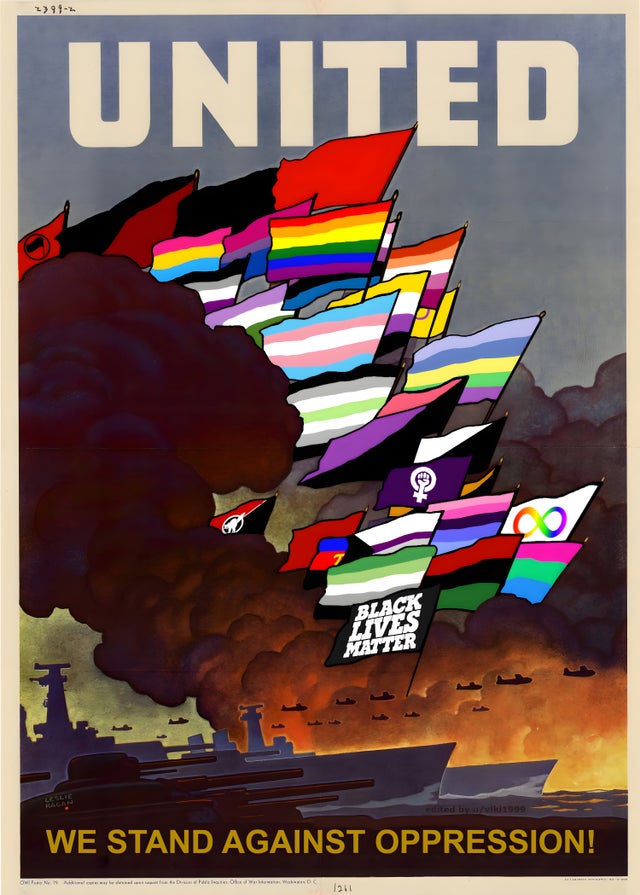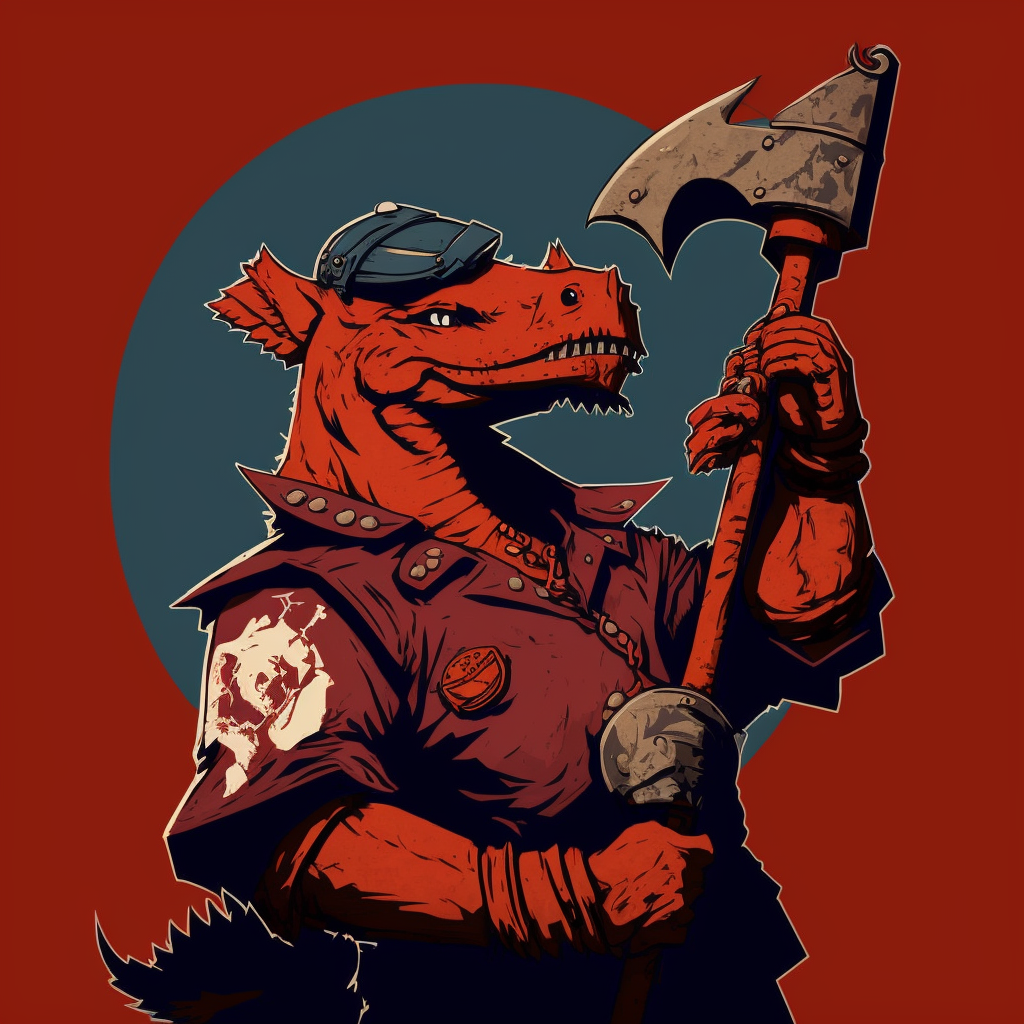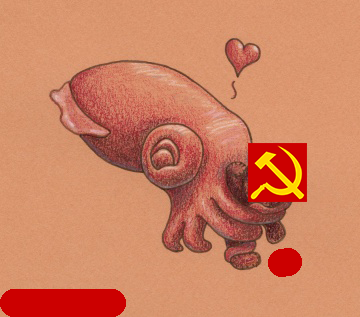- Touching antennae as a friendly greeting (brief touches in more casual/formal settings, longer and more information-rich touches among friends and loved ones)
- Queens as revered philosophers/poets/mathematicians/etc. (critical to a hive’s survival so kept healthy and comfortable, lots of time spent sitting around pooping out eggs and probably wanting something stimulating to do, bodies not really suited for most physical activity)
- Cities are half-buried arcologies that are dark and claustrophobic by human standards but resulted in strong institutional knowledge of engineering closed systems which means (if in an interstellar sci-fi setting) they contribute a lot to the galaxy’s orbital habitat/spaceship design
- Children raised in communal creches by a class of dedicated workers, they don’t really have a “parental instinct” as we understand it but their childcare workers are the best you could ask for. They view the nuclear family as akin to a society where everyone has to build their own car in their garage instead of just taking a damn train
- Their equivalent to the neolithic revolution was the rise of poly-queen societies, that is, polities that could organize around and maintain internal cohesion with multiple queens
In addition to Children of Time, another book with Giant Intelligent Friendly Talking Spiders is Vernor Vinge’s A Deepness in the Sky. Culturally they’re, hm, sortof similar to a kind of 1920’s pastiche - but a big part of the story is about translation and observation. The Spiders (in CoT and ADitS) have very different sensoriums, with much more focus on reading surface vibration over being able to hear, it might be interesting to decide how the hive creatures sense alter their recording methods.
Vinge’s other book in the series, A Fire Upon the Deep had alien dogs that are only sapient when linked into a small packmind by an ultrasonic organ, and lacking thumbs, they do a lot of their fine manipulation through mutual cooperation of their jaws, and have to avoid echo chambers or getting too close to other packs, etc.
producing the galaxy’s most renowned laparoscopy tools and surgeons because your society has never been able to do normal incisions
Didn’t even think of that, but yeah with exoskeletons that makes sense
 I’d recommend reading this one for some sapient spider society action
I’d recommend reading this one for some sapient spider society actionI second this recommendation. Great book.
Oh shit I’ve heard of this one
Was gonna mention this one also. Additionally, can’t remember exactly which one of the books it was (possibly hydrogen sonata?) but in Ian Bank’s Culture series there’s a fairly well imagined race of insects with complex cultural behaviors. Another book had an interesting lobster/nordic warrior/klingon type race as well.
I love this, this sounds cute, and you should totally read Children of Time because it’s adorable and moving
Thank you!

You’re like the 3rd person to recommend me that book so I may just have to check it out.
I got some friends to read it for a book club. Even the arachnophobes liked it. It’s that good. Its even better if you recognize the indisputable fact that spiders are very cute.
I would skip the sequels, they aren’t that good, don’t focus on the spiders, and don’t add much of value.
And while I’m gushing about bug books you may consider these books I recommended to Dort_Owl which I adore: https://hexbear.net/comment/6547556
Basically Sherlock Holmes but very buggy. Also cute, and sweet, and melancholic, spooky, creepy, Gothic, and funny.





